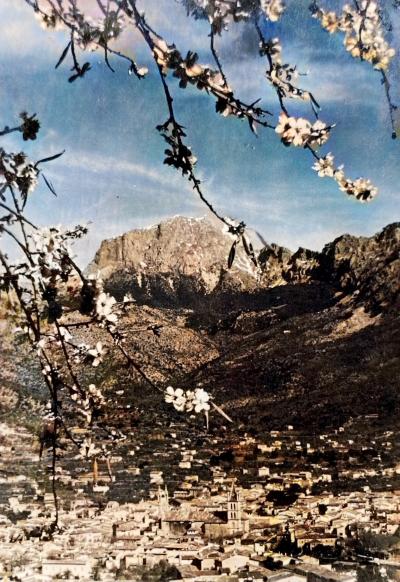How did the secularization policies affecting church lands change the social structure of rural Mallorca?
Similar Topics
secularization policies
church lands mallorca
rural social structure
land redistribution
agrarian communities
economic independence
social stratification
modernization rural society
The secularization policies that affected church lands in rural Mallorca brought significant changes to the island’s social structure, particularly in its agrarian communities. Historically, a substantial portion of Mallorca’s rural land was owned by the Church, which wielded not only spiritual but also considerable economic power. These lands were often worked by tenant farmers or laborers, under arrangements that maintained the Church’s influence over the local population while limiting social mobility. With the implementation of secularization policies, especially during the 19th century, church properties were confiscated or sold off, redistributing land into private hands and reducing ecclesiastical authority in rural areas.
This redistribution altered traditional power dynamics in Mallorca’s countryside. Landowners outside the church hierarchy began to emerge, reshaping the rural economy and social relationships. Some local farmers and emerging bourgeois classes acquired land, which allowed for increased economic independence and a shift toward more capitalist agricultural practices. However, this transition was not uniformly beneficial; many small peasants found themselves competing for farmland now under new private ownership, which sometimes led to tensions and social stratification within rural communities. The diminishing role of the church also meant that local social services and community leadership previously provided by ecclesiastical institutions gradually shifted toward secular authorities or private entities.
The long-term impact of secularization contributed to the modernization of Mallorca’s rural society. It encouraged the development of new social identities beyond the traditional framework of religious and feudal authority, paving the way for greater political and economic participation from previously marginalized groups. Nevertheless, the process was complex and uneven, with remnants of old social structures persisting in some areas alongside emerging modern influences. In this way, the secularization of church lands stands out as a pivotal moment that redefined land ownership, social relations, and the overall rural landscape in Mallorca, setting the stage for the island’s more diverse and dynamic social fabric today.
This redistribution altered traditional power dynamics in Mallorca’s countryside. Landowners outside the church hierarchy began to emerge, reshaping the rural economy and social relationships. Some local farmers and emerging bourgeois classes acquired land, which allowed for increased economic independence and a shift toward more capitalist agricultural practices. However, this transition was not uniformly beneficial; many small peasants found themselves competing for farmland now under new private ownership, which sometimes led to tensions and social stratification within rural communities. The diminishing role of the church also meant that local social services and community leadership previously provided by ecclesiastical institutions gradually shifted toward secular authorities or private entities.
The long-term impact of secularization contributed to the modernization of Mallorca’s rural society. It encouraged the development of new social identities beyond the traditional framework of religious and feudal authority, paving the way for greater political and economic participation from previously marginalized groups. Nevertheless, the process was complex and uneven, with remnants of old social structures persisting in some areas alongside emerging modern influences. In this way, the secularization of church lands stands out as a pivotal moment that redefined land ownership, social relations, and the overall rural landscape in Mallorca, setting the stage for the island’s more diverse and dynamic social fabric today.
🧩 Related Questions
Related Question
Are there guided tours available that focus on the history and condition of Mallorca's abandoned hermitages?
Related Question
How does Mallorca ensure proper waste disposal on its popular beaches and tourist spots?
Related Question
How can families balance indoor and outdoor activities to keep children entertained throughout their stay in Mallorca?
